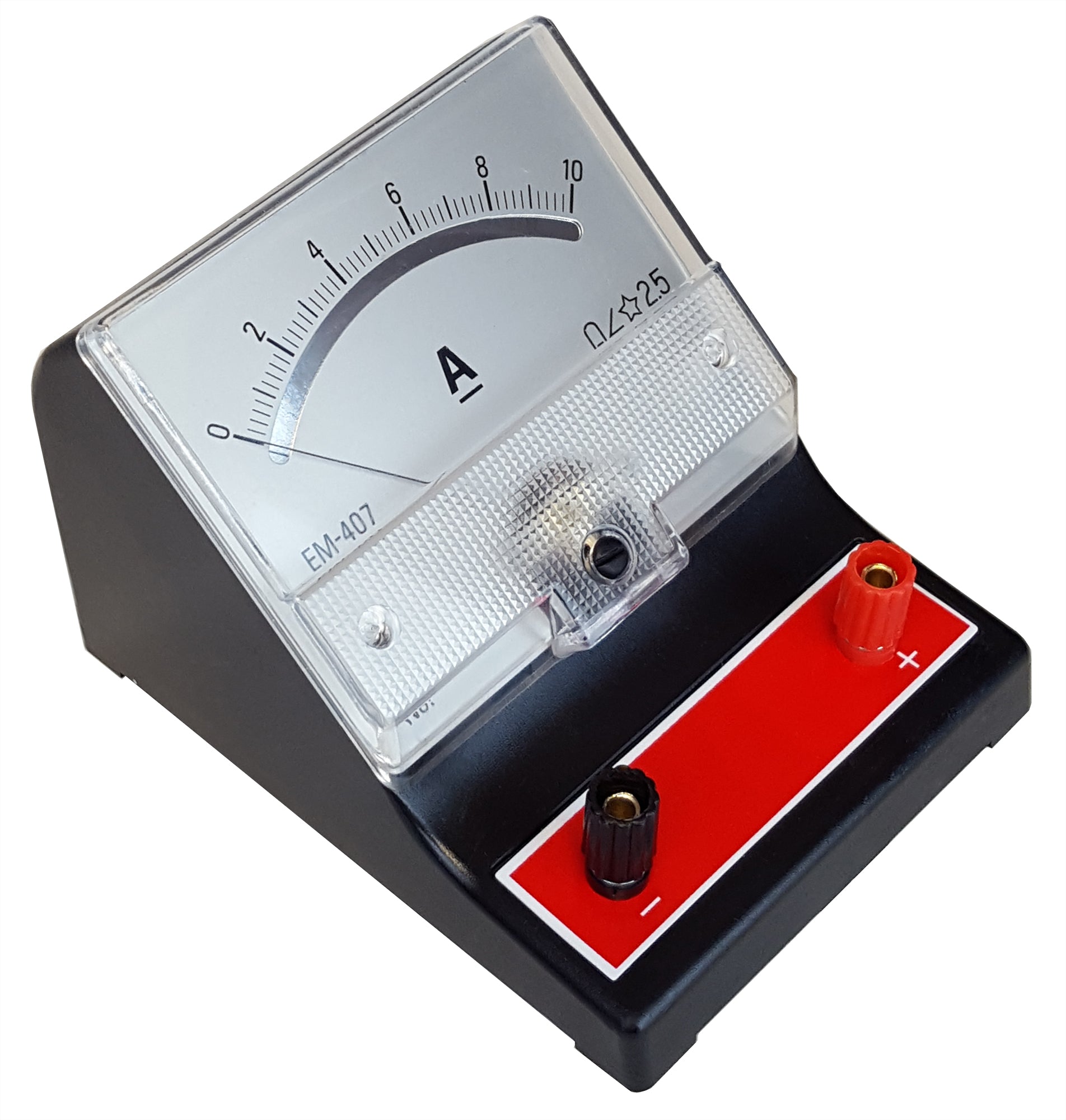Apologies for the slight delay in getting out a blog this last week. Aside from this blog, I also do work as a technical writer. Technical writers, for those who don’t know, work to organize information in ways that are user centered and easy to understand. My task as a technical writer often involves me learning and relearning information so that I can create a document that effectively serves the needs of whoever will be using it. For example, if I were writing a menu for a restaurant, I’d try to make sure that each section of the menu was easy to locate and that special qualities per dish – like spice, raw ingredients, gluten, etcetera – were clearly marked. Here at GSC, I aim to make the instruction sheets for our products useful to both teachers and students by providing a clear and complete direction for the use of each of our products. This is where the relearning comes in.
As someone with a lifelong love for science, I always did well in science class at school. I don’t say that to brag. Quite the opposite, actually. Recently, while writing some instruction sheets, I found myself struggling to recall subjects I had remembered learning in high school physics class almost eight years ago. I remembered drawing free body diagrams and being able to dissect each force like it was my job. I also remembered easily solving algebraic equations for any variable I needed. When it came time to recall these skills, however, I was getting things wrong left and right and finding it difficult to do my job and create a successful teaching aid to supplement our product.
This had me wondering: could I have learned these skills way-back-when in a way that left them more ingrained in my head and easier to recall? After some research, I found that the World Economic Forum has most recently ranked Finland first in “Quality of Primary Education” and second in “Higher Education and Training” in their 2017-2018 Global Competitiveness Index. Though I’m not saying Finland is the end-all-be-all of international education (their OECD Programme for International Student Assessment, or PISA, scores have slipped in recent years compared to their past performance), this did give me some interest into researching what Finland might be doing right. One aspect of their educational program that piqued my interest was their recent addition to their educational system of requiring at least one “phenomenon-based learning” module. And, while I ultimately treasure my experience in the United States educational system, I can’t help but think that I would have enjoyed, and perhaps benefited from, a touch of phenomenon-based learning in my educational system.
Phenomenon-based learning, as explained by Helsinki’s city manager Pasi Silander, studies phenomena “as complete entities, in their real context, and the information and skills related to them are studied by crossing the boundaries between subjects.” This means that students will take a topic, say climate change, and investigate it from all relevant angles and disciplines. This differs from traditional subject-based learning where knowledge is divided by its individual components (i.e. math, science, history, etcetera). And, as pointed out by the Next Generation Science Standards (NGSS) by the National Science Teachers Association (NSTA), phenomena are at the core of science and engineering professions. People observe problems first, and then hypothesize ways to address those problems. They don’t walk around thinking about rote memorized formulas and concepts that fit into the problems they see in front of them. The NSTA points out that this sort of contextual, constructivist learning leads to “deeper and more transferable knowledge.” The NGSS have a provided a great jumping off point for understanding phenomena-based learning and how it is used to engage students in their scientific education here.
I remember my physics teacher in high school teaching a particular lesson as follows:
We walked into class and took our seats. There were a few formulas on the board and a free-body diagram. He sat us down and explained to us how these formulas would help us to properly assess the forces on the object in the free-body diagram. We would manipulate variables in the equation and do the math until we were able to plug in any values we wanted and could tell him which behavior the object in the free-body diagram would follow given its current state. I became pretty good at this and passed the tests fine. Applicable skills to this lesson like trigonometry and algebra were both separate classes that I took at different times in different semesters.
About ten years later, the memory of the experience is about the only thing I remembered from these lessons. After reading about phenomena-based learning, I wonder how well I would have retained this lesson had it been taught in a more engaging way. If the lesson were instead introduced to us by asking us to explain a car coasting down a mountain, or a tow truck lifting a car up into its bed, or something similar, would my investigation of the phenomena had yielded a more permanent grasp on the science behind the mechanical forces? After raising questions of our own relating to these phenomena, we could have simulated these situations in the lab to answer the questions we came up with. Could these lessons have been used to jump start or completely encompass my trigonometry education as well? I can never be sure. High school only happens once.
None of this was said to disparage my science teacher. He was actually one of my favorite teachers that year. That doesn’t stop me from questioning whether or not a different approach could have had a different long-term effect on my education. I can’t even guarantee that my retention would have been better and that the knowledge would have, in turn, helped me in my quest to write a useful piece of technical writing. It is fun to wonder, though, and I’m interested to see how its requirement in the Finnish school system effects student outcomes into the future. If you want a more in depth look at the changes to the Finnish education system, this article in The Straits Times, a publication from Singapore (who also does incredibly well in international education metrics) explains a lot of said changes.
Are you a teacher? Have you tried using phenomenon-based learning in your classroom? Or are you a student who has had experience with it? If you are either, I would love to learn more about your experience with this teaching method. Please comment below!
Written By: Jacob Monash










